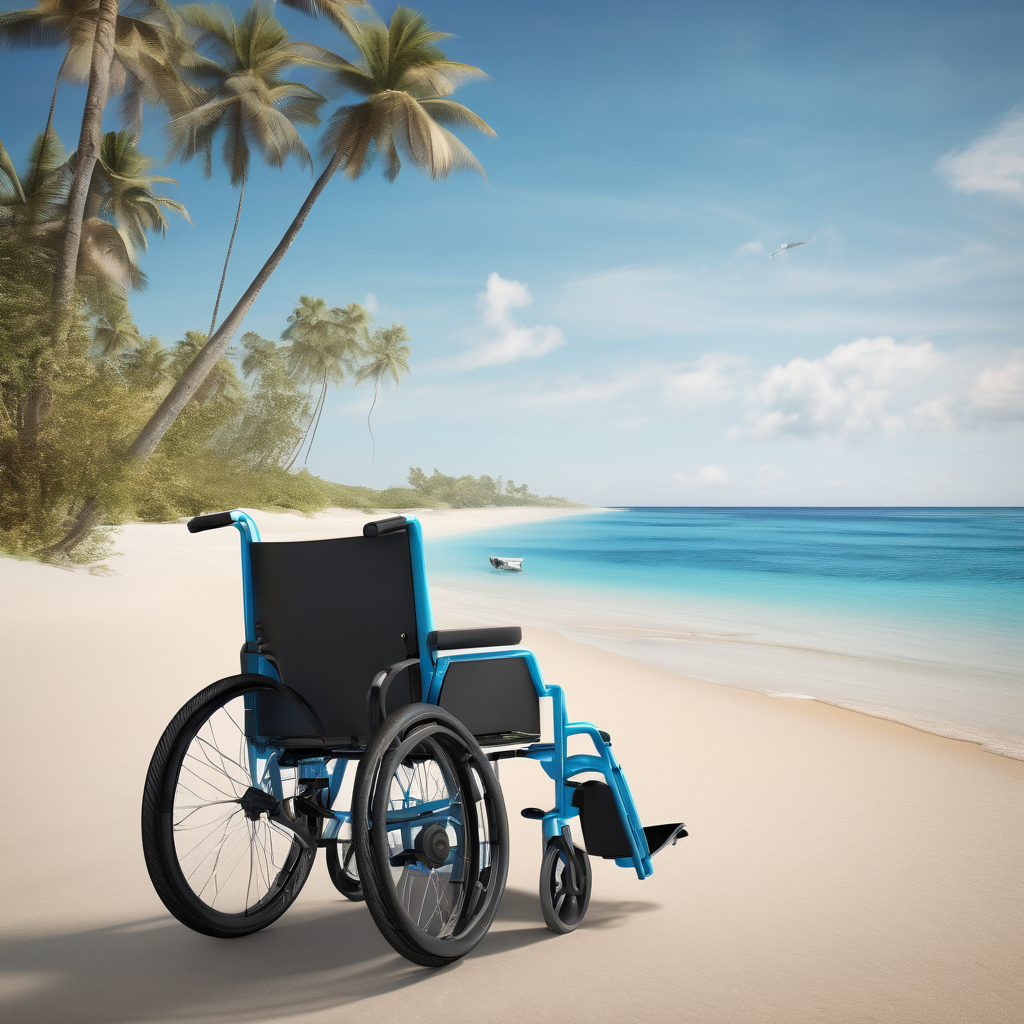During the 2nd Pacific Disaster Risk Management Ministers Meeting in Palau, Sainimili Tawake, the Chief Executive of the Pacific Disability Forum, highlighted the crucial role individuals with disabilities play in disaster risk management and climate action. Tawake emphasized that these individuals should not be merely viewed as vulnerable recipients of support but as essential contributors in the development, execution, and evaluation of disaster and climate strategies.
Tawake insisted on the need for a strategic approach that embeds equity and inclusion into national disaster risk management and climate frameworks. She advocated for the incorporation of accessibility and universal design principles in early warning systems, shelters, and recovery plans, ensuring that individuals with disabilities are an integral part of the disaster response landscape.
A vital issue raised by Tawake was the necessity for detailed data disaggregation by disability, gender, and age to enhance planning and resource allocation. She pointed out ongoing challenges in collaboration between organizations representing persons with disabilities and disaster risk management (DRM) policy makers, including gaps in decentralized data systems, insufficient budget lines for disability support, and limited social protection for vulnerable communities during disaster preparedness and recovery.
Promoting robust cooperation between national agencies and disability organizations was a key appeal made by Tawake, who emphasized the importance of aligning planning, implementation, and monitoring efforts. She acknowledged the relevance of regional frameworks like the 2050 Strategy for the Blue Pacific Continent and the Sendai Framework for Disaster Risk Reduction, which advocate for a comprehensive approach to resilience that includes diverse demographic groups.
To further advance this initiative, Tawake suggested the establishment of a “Pacific Resilience Leadership Academy,” designed to cultivate future leaders in disaster risk management, particularly among young individuals with disabilities. This academy would not only encourage inclusivity in leadership roles but also help to instill values of equity and inclusion within future governance structures.
Her vision complements broader efforts to promote the rights and needs of disabled individuals in the region, notably through the ongoing implementation of the 10-year Disability Inclusive Resilience Development Strategy. This strategy aims to foster an environment where individuals with disabilities can prosper, particularly in scenarios impacted by climate change and natural disasters.
Tawake concluded with a powerful message on the importance of ensuring equal representation for persons with disabilities in decision-making arenas. She called for all national policies and legal frameworks to embody principles of equity and inclusion, painting a hopeful picture of a Pacific region that is more resilient and inclusive, valuing the contributions of every individual.
